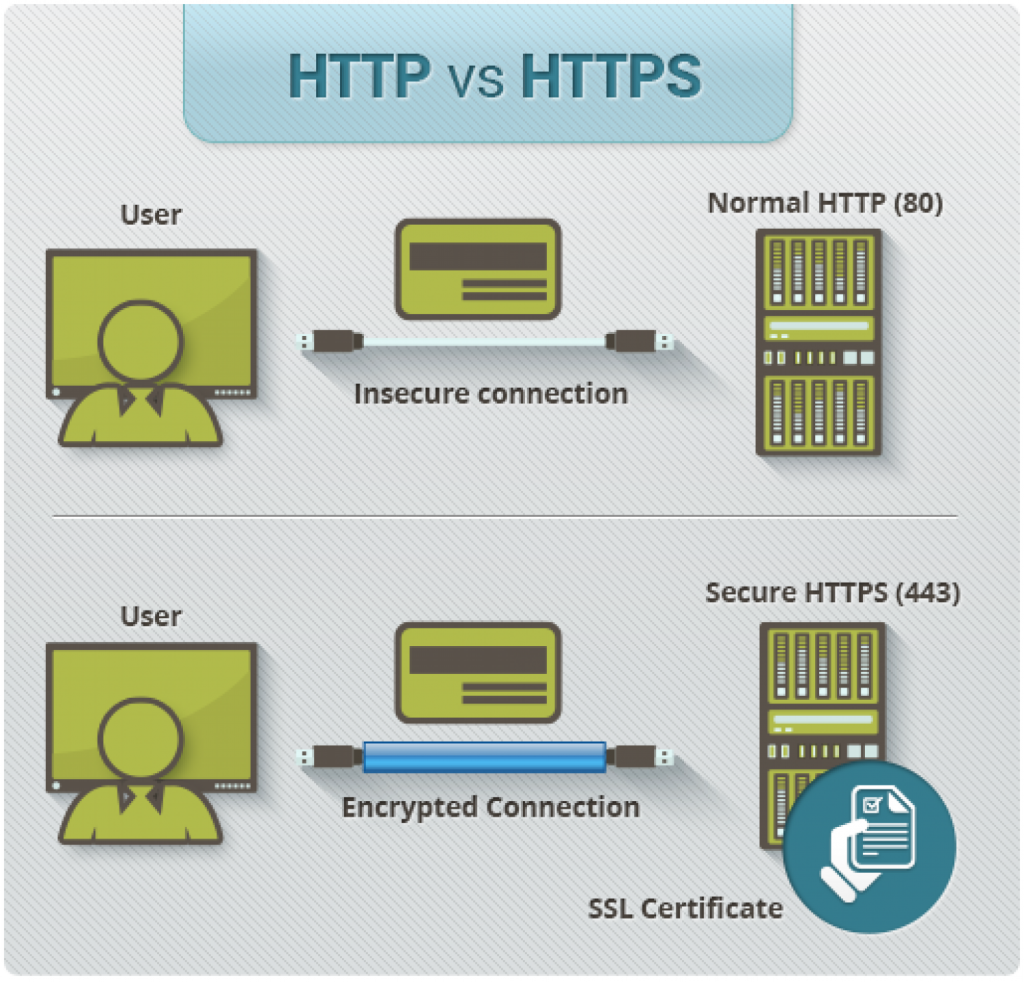- April 9, 2018
- Web Design
- Comments : 0
Big Changes Coming for Google’s Chrome Browser
Google announced a security change to roll out in July with their release of Chrome 68. After years of encouraging webmasters to create more secure sites through adopting HTTPS encryption, Chrome will officially mark all HTTP sites (ones that have not migrated to HTTPS) as ‘not-secure’.

Making the Web Safer
The transition of sites over to HTTPS is making the web safer for everyone. Not to mention that it provides improvements and new features that go above and beyond HTTP’s capabilities. Google has had a great deal of success with the changeover. Their blog made mention of the following, just in the past year –
- Over 68% of Chrome traffic on both Android and Windows is now protected
- Over 78% of Chrome traffic on both Chrome OS and Mac is now protected
- 81 of the top 100 sites on the web use HTTPS by default
Migrating HTTP to HTTPS
According to Google, one of Chrome’s core principles has always been security and it is “constantly working to build the most secure web browser to protect users.” Announcing that they would be marking sites that aren’t encrypted with HTTPS as ‘not secure’, Google’s goal was to help audiences understand what unsecure sites looked like and also push site owners and webmasters to increase the security of their website. Because this was going to take a good deal of time and the security of consumers was of the utmost importance, Chrome started with marking pages that collected passwords and credit card information first. The next step was showcasing the ‘not secure’ warning when people inserted data on an HTTP encrypted page.
Benefits of HTTPS
Converting to HTTPS is easy and inexpensive. Learn more at Mr. Pipeline Internet Marketing. There are many benefits that come with converting a website to HTTPS that go beyond bumping up its security. Read more about these benefits as well as access a step-by-step guide to migrate a site from HTTP to HTTPS through Google’s article – “Secure Your Site With HTTPS”.







